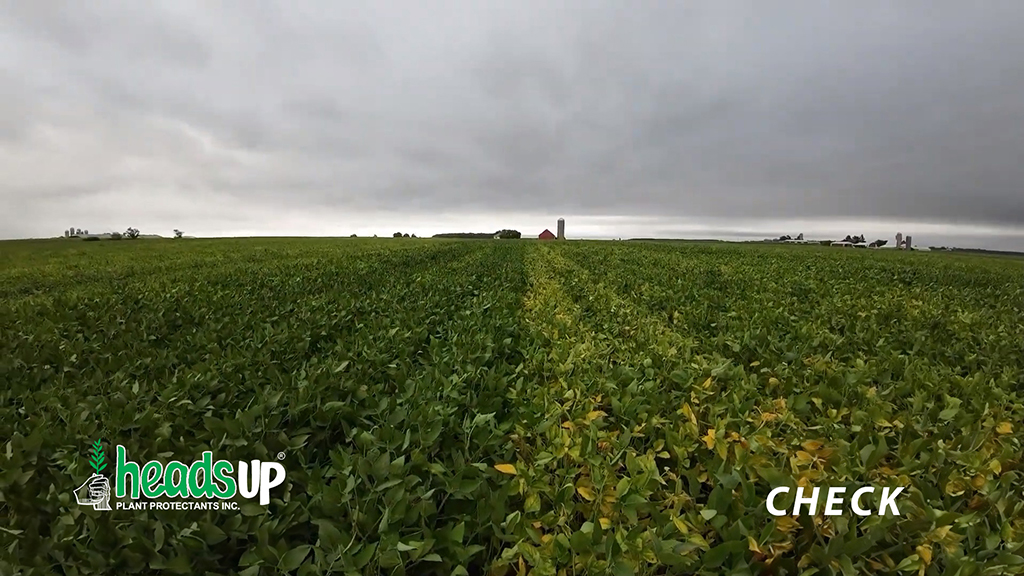Plants ‘Mark’ DNA for Offspring Giving Them Increased Resilience
If I had to do it all over again there’s a good chance I would have pursued a career as a biologist. Growing up I had plenty of time outdoors exploring the bugs, plants, and animals in the deciduous forests of northeastern Ohio, and my favorite high school class — ninth grade biology — came close to steering me towards this field of study in college.
In recent years, books such as Peter Wohlleben’s “The Hidden Life of Trees,” the work of researcher Suzanne Simard and the Mother Tree Project, and the documentary Intelligent Trees, have captured my attention and curiosity, as did an email last month with the subject line “Research Uncovers How Plants Pass ‘Memory’ of High CO2 to Their Offspring.”
The press release from the Donald Danforth Plant Science Center in St. Louis, MO, announced that research from one of its members, Keith Slotkin, PhD., was making progress towards equipping plants with “the tools they need to adapt to rising levels of carbon dioxide (CO2), high heat, and other stressors associated with climate change.”
While the ability of plants to pass information on to their offspring has been previously studied, this new study by Dr. Slotkin and a dozen other scientists “revealed that the transgenerational inheritance occurred via DNA methylation, the process by which plants ‘mark’ DNA without changing the code of the DNA itself providing future generations’ cells with information on how to ‘read’ that DNA.”
In plain language, scientists are getting closer to being able to manipulate the process [DNA methylation] to grow plants that are permanently resilient to stress.
“With this knowledge, parent generations of plants can be intentionally grown in a controlled environment under stressful conditions that will push them to their limits, giving their progeny the benefit of increased resilience to that stressor,” stated the release.
“For example, a major crop like corn could be grown in extreme heat, at the brink of what it can survive, and the seed collected from that corn would result in a highly heat-resistant corn crop that could be grown in a location that is experiencing rising temperatures.”
Plants must adapt to the elements in order to survive, and if a plant is able to survive the stress of extreme heat during its growing cycle, it’s better able to endure heat again, even if it’s more extreme than the first time.
What’s fascinating is “this increased resilience doesn’t end with that individual plant’s life cycle — the plant can pass that behavior on, transmitting a cellular memory of stress to its offspring.”
According to Dr. Slotkin, “Any clue that the parent plant can give to its offspring about the environment will help the offspring respond most efficiently to whatever they might experience,” he said. “It is ‘what doesn’t kill you makes you stronger’ in action, across generations.”
Let’s get growing!






